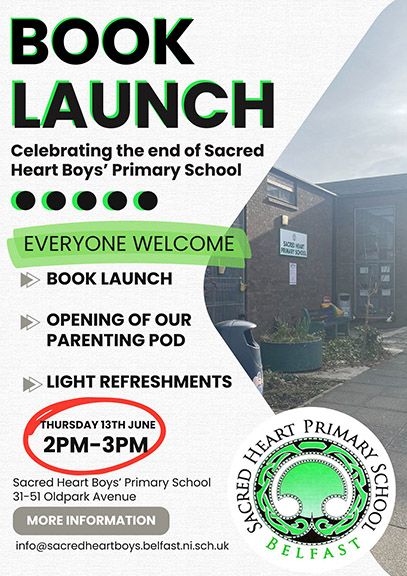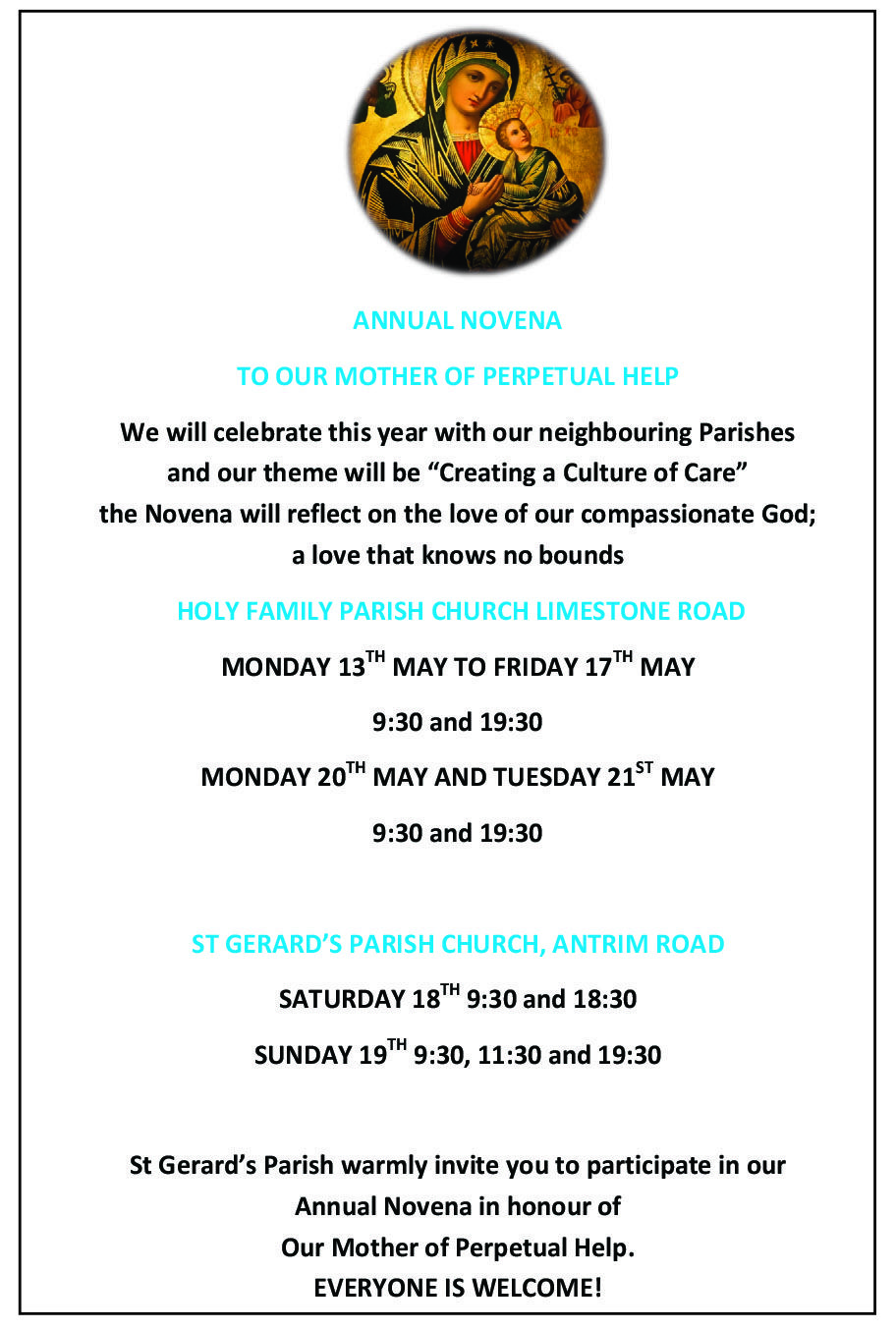IT was a grabber of a headline: 'Northern Ireland’s schools reproduce sectarianism on a "colossal" scale, conference told'. It was part of a report on the ‘Shared Island’ conference held in Dublin City University ( DCU) last week. The conference wrung its hands and said that only seven per cent of schools here in NEI are integrated.
Pretty shocking, eh? When I used teach on the Postgraduate Certificate in Education (PGCE) at Ollscoil Uladh/ Ulster University, there was a module on the course that looked at integrated education. It was well-received by the students, both Protestant and Catholic, and some years the integrated education matter would surface in the English section of the course which I taught. Echoing the integrated education module, students spoke passionately about how bad it was that children of different religious backgrounds were kept apart until university. When I’d ask them why they saw that as damaging for children, they’d look at me and say because it fostered sectarianism.

At that point I’d sometimes ask them to put up their hand if they themselves had attended a Catholic or Protestant school. The great majority of hands were raised. “And now,” I’d say “put up your hand if you think you’re a bigot.” Invariably no hands were raised. “How is it,” I’d ask them, “that although you spent your primary and secondary school years in Catholic or Protestant schools, you have escaped the sectarian branding which you’re concerned about for kids today who don’t attend integrated schools?”
In discussion, some people have no problem using ‘separate schooling’, ‘segregated schooling’ and ‘sectarian schooling’ as interchangeable terms. Which is a pity. Part of my job took me into schools, their staffrooms, their classrooms, for several decades, and not once in all that time did I hear even a whisper of sectarianism from any of the teachers or pupils. Which is why I think Peter Osborne, chair of the Belfast-based Integrated Education Fund, is talking twaddle when he urges the ending of segregated schools in the coming fifteen years. There are far more worthwhile changes that might be put in place over the next fifteen years.
Measuring the demand for integrated education in Northern Ireland is a complex issue which requires robust and accurate measures says Dr Paula Devine, Dr Erin Early, Dr Minchen Liu and Professor Dirk Schubotz @QUBSSESW @ARK_info - https://t.co/jBXKVsNFxY @QUBEngagement @QUBstaff
— QUB Policy Engagement (@QUBPolicy) June 14, 2023
If I had a quarrel with separate schools, it might be that some of them make their cultural and political views apparent through the school’s décor. Many Protestant schools will have a Roll of Honour just inside the front door, listing those former students who died in British military uniform down the years. I remember one school which had a colourful board greeting visitors in every language you could think of – English, French, Spanish, German, Dutch – every language except Irish. These kind of things can reproduce a way of thinking that is blinkered even as it appears to be outward-looking.
There is of course a case for integrated education – people in NEI are in need of knowing more and understanding more about those with a different political/religious background. There’s also a need for people in NEI to know more about those from a different social class from themselves and what the implications of that are. Research from the University of London in 2018 showed that 70 per cent of parents who were able to provide private coaching for the 11-Plus got into grammar schools while just 14 per cent of parents who couldn’t afford private funding got their children a grammar school place.
And don’t get me started on the things we spend years teaching children. Maybe you have used a X b = c squared recently – I haven’t. Not to mention the time devoted to teaching handwriting in an age of word-processors, or the teaching of Shakespeare in such a way that the great majority of children end up wanting to wring the neck of the Bard of Avon.
As Paul Simon memorably put it: ‘When I think back on all the crap I learnt in High School/ It’s a wonder I can think at all.'








